- Membership Resources
- State Chapters
- Education/Events
-
Advocacy/Policy
- Home Care Workforce Crisis: An Industry Report and Call to Action
- Advocacy Fund
- State of Home Care: Industry at Crossroads
- Home Care Workforce Action Alliance
- Caring for Seniors: Value of Home Care
- Home Care by the Numbers
- Issues & Positions
- Legislative Action Network
- State Legislation Tracker
- Federal Legislation Tracker
- 2024 National Advocacy Day
- About HCAOA
- Find a Job
|
The U.S. Equal Employment Opportunity Commission (EEOC) this week released a technical assistance document, “The COVID-19 Pandemic and Caregiver Discrimination Under Federal Employment Discrimination Law,” and an update to its COVID-19 “What You Should Know” explaining discrimination against employees and job seekers with family caregiving responsibilities. Based on existing EEOC policy guidance, these documents outline how discrimination against applicants or employees with caregiving responsibilities can violate federal equal employment laws when based on a protected characteristic such sex (including pregnancy, sexual orientation, or gender identity), race, color, religion, national origin, age (40 or older), disability or genetic information. For example, an employer’s assumptions or stereotypes about caregivers may result in illegal discrimination when those assumptions lead the employer to make employment decisions based on a protected characteristic, even if the employer’s decisions are well-intentioned.
During the pandemic, employees who are caregivers have adjusted to quarantine requirements or abrupt closures or schedule changes at schools, care facilities, childcare centers or businesses. “As the pandemic evolves, and the country moves to a new normal, we cannot assume caregiving obligations have ended,” said EEOC Chair Charlotte A. Burrows. “The work that caregivers do – whether as employees or as unpaid workers in the family– is in all of our interests. By ensuring that caregivers know their rights and employers understand their responsibilities, the EEOC will help ensure that America’s recovery from the pandemic is an equitable one. The technical assistance provides pandemic-related examples of discrimination against caregivers. For example, it would be illegal if an employer refused to hire an applicant who is the primary caregiver of an individual with a disability who is at higher risk of complications from COVID-19 out of fear that the employer’s healthcare costs would increase. It also would be unlawful for an employer to refuse to promote a woman based on assumptions that, because she was female, she would focus primarily on caring for her children while they quarantined or attended school remotely. “The pandemic has heightened our awareness of the vital role that caregivers play in our society,” said EEOC Vice Chair Jocelyn Samuels. “The real-world scenarios in this technical assistance show how federal EEO laws apply to employees who have caregiving responsibilities and how employers can, within those laws, better support caregivers in balancing work and family responsibilities.” Additionally, the technical assistance document addresses situations in which caregivers may encounter illegal harassment, retaliation, or discrimination based on pregnancy, gender, association with someone who has a disability, or other bases protected by EEOC-enforced laws. If applicants or employees with caregiving responsibilities believe they have been discriminated against on any protected basis, they may file a charge of discrimination with the EEOC to seek enforcement of their rights. Federal employees must report allegations of such discrimination to their agency’s EEO office. In addition to this new technical assistance document and related “What You Should Know” updates, the EEOC also released a short video explaining caregiver discrimination in English and Spanish. More information about caregiver discrimination is available in the EEOC’s caregiver discrimination policy guidance, associated fact sheet, and employer best practices document. The EEOC advances opportunity in the workplace by enforcing federal laws prohibiting employment discrimination. More information is available at www.eeoc.gov.
0 Comments
Leave a Reply. |
Archives
July 2024
Categories
All
Upcoming Events |
|
Phone: 202-519-2960 | 444 N. Capitol Street NW, Suite 428 | Washington, DC 20001
[email protected] | sitemap © 2024 Home Care Association of America. All Rights Reserved. | Privacy Policy | Refund Policy |
|


 RSS Feed
RSS Feed
